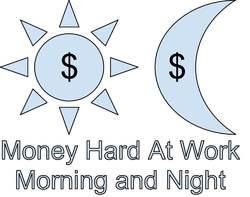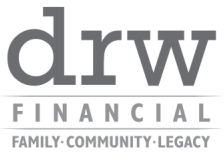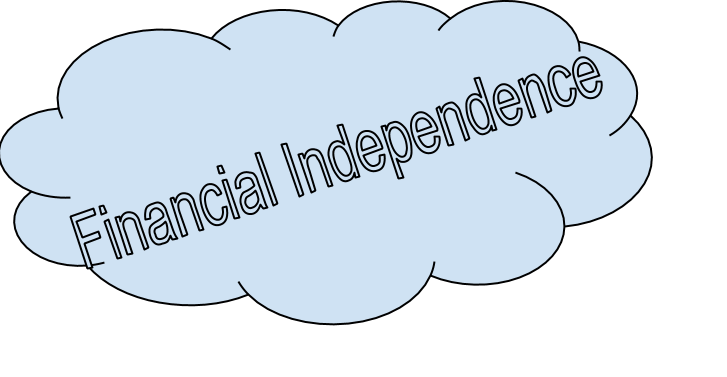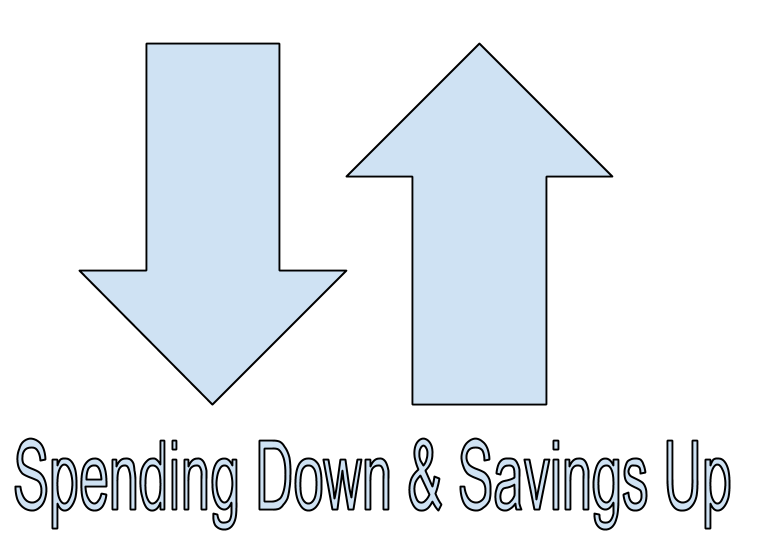|
"The Food Bank for New York City is the country’s largest anti-hunger charity, feeding about 1.5 million people every year. It leans heavily, as other charities do, on the generosity of businesses...Toyota was also a donor. But then Toyota had a different idea. Instead of a check, it offered kaizen."
Check out the story in the NY Times here 7/10/2013 Planning By Default?The Danger of the Sneaky, Sticky Status QuoMy father earned the Eagle Scout designation as a young man, and his influence on my own development included many values he picked up through scouting. One example came in the form of a saying he used often: "failing to plan is like planning to fail". In my work I often encounter people who seem to have opted into the "default" financial plan for their situation, meaning they haven't made much conscious consideration of their own circumstance, but were instead just carried along by the currents of their lives. In cases of young professionals, the default plan may look like focusing on career development and contributing a "reasonable" amount to their 401k plan at work. (Typical exchange: Q. Why did you pick a 6% amount to contribute to your plan? A. My HR guy said that's what many of my colleagues were doing) For some older people, a common occurrence has them realizing in their mid to late career years that they are "behind" on savings and investment planning as retirement begins to look less like a far off dream and more like a coming reality - ready or not! Everyone chooses a plan, even if that plan is to do nothing and "hope for the best"One real value of working with a planning professional is in following a formal process of discovering your specific goals, articulating those goals clearly, and putting actual numbers on paper to allow for making a plan. For people who prefer to do (or at least begin) this work on their own, consider the following a "bare minimum" for avoiding the trap of the status quo.
7/8/2013 Your money or your life?It's an old joke, if not a funny one: MUGGER: "Your money or your life, mister!" MAN BEING MUGGED: "I need a minute to decide!" ***************************************************************** If there is a theme emerging in these blog posts and my other writing about what we aspire to here at DRW Financial, it may very well be that the real value in money is how our money reflects our values. In my own life and in the business I run I, I have made a very intentional decision to focus on Family, Community, and Legacy. It is my desire to be seen and remembered as a man who cared deeply for his family, who made a contribution to his community, and left a positive legacy. Part of this vision is accepting that money is [one] means to an end, and not an end in itself. Precisely the right number of heartbeats?From birth until the end of our lives, we all have precisely the right number of heartbeats to fill the days. While we can make lifestyle choices to improve our odds of more heartbeats, we do not have the option to save or bank heartbeats for later use; whether they are used for something that makes us happy or sad, helpful or hurtful, the heartbeats each have their moment and then are gone.
Money is a little more flexible: we can save money, set some aside for a particular goal, invest some in pursuit of making more, we can even give it away. Perhaps this is why some people come to measure their life in terms of money and not in heartbeats - money is something you can count, control, put on a spreadsheet. But the truth remains that money in itself has no value. The value must be assigned by what the money can accomplish. Paying for a child's education, funding a comfortable lifestyle in life's later years, providing a boost for a charity's work in the community - these are uses of money that not only assign it value, but reflect your values. ***************************************************************************************************************************************** At DRW Financial, we try to keep these ideas in mind at all times. Our toolbox is comprised of investing knowledge and financial best practices, but the ultimate work is about so much more than money - it's about making each of life's heartbeats well spent. 7/3/2013 Celebrate [financial] IndependenceOne truly valuable outcome of working with a financial planner is fully articulating your family's goals. In the general sense, everyone has an idea of saving for retirement, maybe buying a vacation home, and passing along some financial comfort to the next generation. But too often people stop at these general ideas and do not take the time to really define the financial future they desire. People seem almost afraid to name one goal in particular, that of achieving a measure of freedom from financial concern, aka "financial independence". One client remarked during a recent conversation that she was primarily concerned with solvency, followed by security, and then we could set our sights higher. The "higher" may very well be independence. For this discussion, let's make a distinction between "independently wealthy" and "financially independent". Per my thinking, the former describes people who possess more wealth than they can spend, while the latter is a more readily attainable state. If we can agree that "financially independent" describes people who have sufficient resources to meet their needs, then this type of independence becomes a goal we can plan for. The fundamental approach to achieving financial independence can be summed up in this one graphic: lowering your overall expenses and raising your overall savings. There are many details rolled into this concept, but this one action (with two outcomes) is the most powerful piece of the process.  Assuming a steady income, cutting expenses automatically raises your savings rate. And by taking a more intentional approach to household spending, you can chart a path to a place where your money use actually reflects your values. Ultimately, in the pursuit of financial independence, the goal is to have enough money set aside and working hard for you 24 / 7 that the produce of those savings is sufficient to cover your core budget. Financial independence doesn't mean you have to stop working and go sit on chair in the lawn every day, and as defined here it doesn't mean a life of luxury hotels and shopping sprees; what it does mean is an opportunity to work at the things you value and a measure of freedom from mundane financial stress.
So while we all take the July 4 holiday as a time to appreciate our great country and all that it represents, on July 5 maybe take a moment to consider whether financial independence is a goal worth pursuing. |
AuthorDavid R Wattenbarger, president of DRW Financial Archives
June 2022
Categories |



 RSS Feed
RSS Feed
